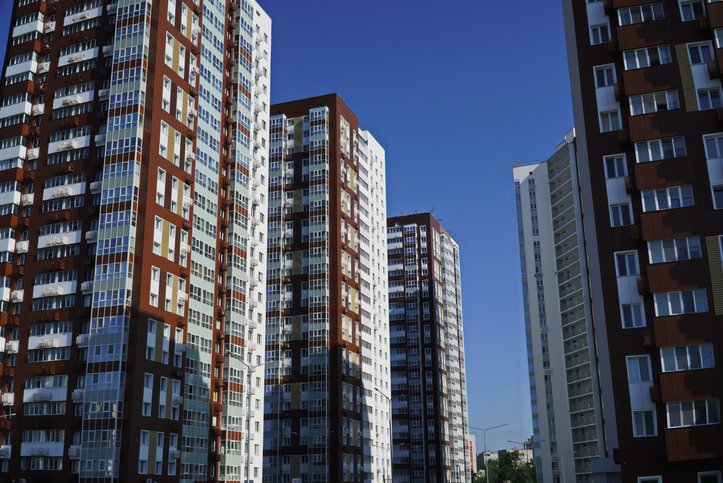IS YOUR COMMUNITY NEAR THE MBTA? WHAT YOU SHOULD KNOW ABOUT HIGH DENSITY COMING TO YOUR NEIGHBORHOOD
In January 2021, then-Governor Charlie Baker signed into law an act that, among other things, amended Massachusetts zoning laws to encourage the growth of high-density residential developments in Massachusetts municipalities served by MBTA transportation. Known as the “MBTA Communities Zoning Act,” the new law requires affected municipalities to create new zoning districts that allow for high density multifamily housing
What is the purpose of the MBTA Communities Act?
The purpose of the Act is to address the housing shortage crisis in Massachusetts. The Act is also designed to promote the creation of high-density residential developments near MBTA stations to increase ridership and relieve vehicle pressure on clogged highways and local roadways.
What communities are included?
The Act applies to all communities with an MBTA station located in its borders and all adjacent communities. In total, there are 177 Massachusetts communities, referred to as “MBTA Communities,” to which the Act applies. A full list of the MBTA Communities may be found here.
What does the new law require?
The Act requires each of the MBTA Communities to establish at least one new zoning district that allows dense multifamily housing developments. The new zoning district must allow at least 15 housing units per acre. The total number of required acres and possible units in the new zone are determined by a formula based on the level of MBTA service to the community, the physical size of the community, and total number of existing housing units in the community. The required acres may be split into two or more smaller zoning districts, so long as the total acres and possible units reach the numbers required by the Act.
In the new zoning district, housing developments cannot be age restricted, and the developments must be suitable for families with children.
What the MBTA Communities Zoning Act is not.
The Act does not require that the new high-density multifamily developments actually be built. Instead, it merely requires the MBTA Communities to establish new high-density zoning districts, the idea being that such zoning changes will attract future developers who will build new high-density housing. That means if your property is located in one of the new high-density zoning districts, you have no obligation to build any new housing on your land, and you are not required to sell your land. It does mean, however, you may live or own a business in or near a neighborhood that will eventually include high-density housing developments.
In addition, the Act is not about affordable housing. While the Act allows the option for some “Chapter 40B” affordable housing in the new zoning districts, it must be limited to just 10% of the total units.
What if an MBTA Community says “no”.
Compliance with the Act is mandatory, and no opt-out is allowed. The penalty for non-compliance includes loss of state funding for numerous state grant programs, including MassWorks, the Housing Choice Initiative, the Local Capital Projects Fund, and many more. In 2023, the Massachusetts Attorney General’s Office issued a statement warning that the law does not allow any MBTA Community to opt out of compliance with the Act by foregoing state funding under these programs, and any MBTA Community that fails to comply will not only lose state funding, it will also be subject to civil enforcement actions under federal and state fair housing laws.
What can I do?
For condominium residents (and anyone else) located in an MBTA Community, participation in the local zoning process is important so that your voices are heard. The establishment of new high-density zoning districts will naturally lead to concerns about traffic and other impacts in the affected neighborhoods. While a condominium located in an MBTA Community has no obligation to increase the number of units in the condominium or to sell off open space land to developers, residents should participate in local zoning meetings and hearings to express any concerns about impacts caused by proposed high-density developments nearby.
If you have any questions concerning the MBTA Zoning Communities Act, please contact Thom Aylesworth.





